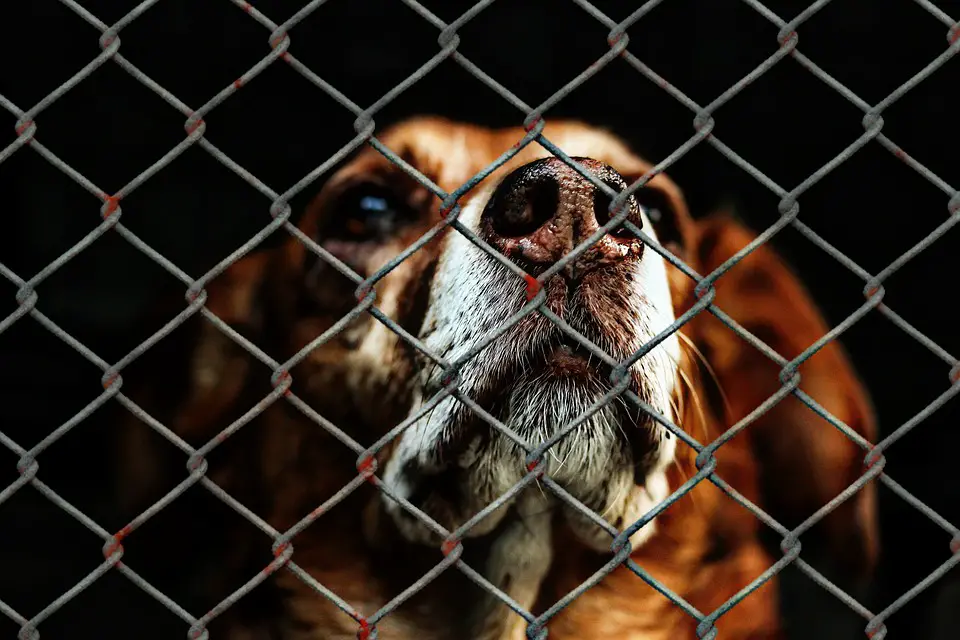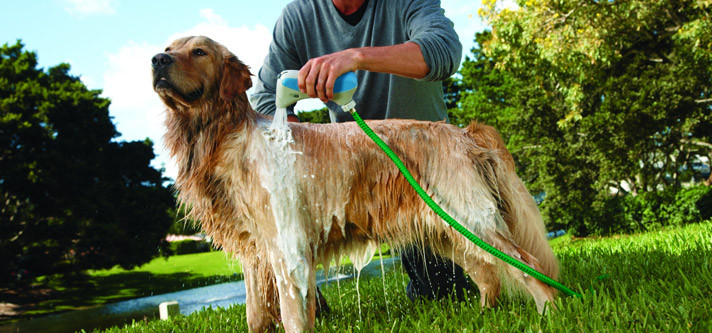Pet Your Dog is one of the greatest dog resources on the net with complete and accurate descriptions, including pictures and videos for all purebred and hybrid dogs. As a non-profit project petyourdog encourages responsible dog ownership. We believe that the fair treatment and the well-being of a dog should start with a well informed and educated dog owner.
Using our dog matching system, future dog owners can better understand the requirements and selection criteria of finding the perfect dog for them or their families. With so many dogs ending up on the street or in shelters each year, it is vital for anyone that wishes to be a responsible dog owner to become aware of the moral obligation that comes with owning a dog.
As such, Pet Your Dog keeps a close affiliation with shelters to encourage all dog lovers to consider adopting a dog from their local shelter.
Breeds By Letters
GeneralOnce upon a time, in a land far, far, away, people allowed their precious pooches to roam the land freely
GeneralFrom catching scents to rescue operations, baby-sitting, fetching, guarding, jogging, or just tirelessly messing around, we have listed ten of
GroomingNobody likes a dirty dog. Some people are so determined to keep their dog sweet smelling and dirt free, they
TrainingOwning a dog is all about responsibility and this begins by wishing to own a dog in the first place
GeneralSo you’re looking for a dog and you’ve made the admirable decision to try and find one that
GroomingPart of keeping your dog healthy and your house clean is grooming your dog appropriately. Grooming your dog is beneficial
TrainingSo you have a dog that jumps, and you’re sick of pushing them off or apologizing to guests.
HealthHaving observed your dog for symptoms that he could be unwell, you worry next on what the symptoms could mean.
NutritionAs dogs age from puppyhood to adulthood, their nutritional needs change so it’s important to feed your four-legged friend
HealthThere are more and more stories in the media about the increasing rate of obesity in Australian people, and what
TrainingDoes your dog bark, scratch at the door or whine when you leave? Does it start even when you’re
Grooming“”I noticed Petrus was getting stiff climbing the stairs to our fifth-floor walk-up apartment. The Vet suggested glucosamine
GeneralFamily dogs are ideal for their loyalty, service, energy, and care for their human companions. They are usually good with
GeneralDogs are incredibly intelligent species. With their long history of companionship to humans, they do lend themselves very adaptable to
















